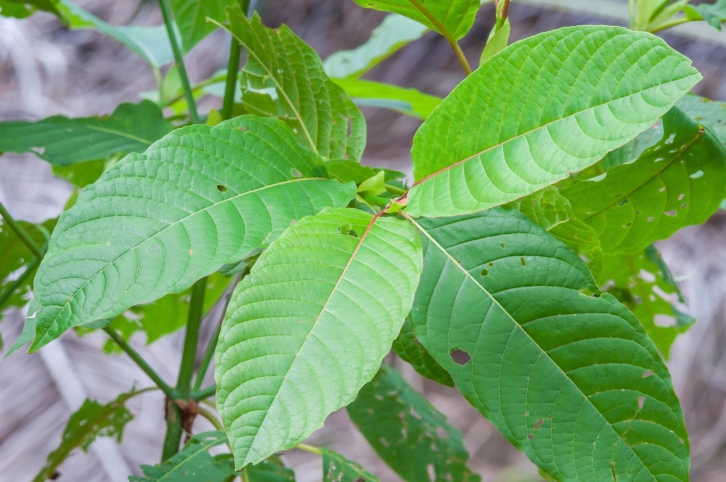Kratom proponents make progress in overturning Rhode Island ban
A version of the Kratom Consumer Protection Act has been passed in the Rhode Island legislature. The state banned the botanical in 2017.

At a Glance
- A bill to give consumers access to kratom passed in the Rhode Island legislature.
- The state is one of six that has banned kratom outright.
- Efforts to overturn other bans have advanced, too, with one exception.
Kratom proponents have made additional headway with a bill passing in the Rhode Island legislature that would overturn that state’s current ban on the herbal ingredient.
Last week, the Rhode Island House of Representatives passed House Bill 5530, which is a version of the Kratom Consumer Protection Act (KCPA) first conceived by the American Kratom Association (AKA). The bill, which was co-sponsored by two Democratic representatives, passed on a 39-26 vote.
The bill also passed in the Senate, and if signed by the governor, would make the herbal ingredient legal for all Rhode Island consumers over the age of 21.
In addition, the law mandates registration requirements for both manufacturers and retail outlets selling kratom within the state. It also includes some testing requirements.
In 2017, Rhode Island’s Department of Health (DOH) put kratom on the state’s list of controlled substances.
A similar effort on the federal level by the U.S. Drug Enforcement Administration, which was first proposed in 2016, failed. According to the AKA, Rhode Island’s ban was passed in expectation that the substance would shortly be placed on DEA’s Schedule 1 list of controlled substances.
Rhode Island DOH interim chief Dr. Utpala Bandy submitted written testimony against the bill.
"There is currently no evidence of therapeutic effect from kratom in humans, but there is evidence of harm," Bandy wrote.
Though many mainstream media outlets report that kratom is “legal” on the federal level, the truth is somewhat more complicated.
According to the U.S. Food and Drug Administration, “Kratom is not lawfully marketed in the U.S. as a drug product, a dietary supplement or a food additive in conventional food.”
Last year, FDA seized more than 250,000 units of kratom dietary supplement and bulk ingredients worth about $3 million. However, many more millions of dollars’ worth of kratom products are sold on a national level.
According to a 2021 estimate by the National Institutes of Health (NIH), more than 20 million Americans used kratom at least once in the previous year.
Mac Haddow, AKA’s senior counsel, said efforts are underway to overturn bans in all the states that have enacted them. In addition to Rhode Island, bans are in place in Arkansas, Alabama, Indiana, Vermont and Wisconsin. Haddow said progress has been made passing some version of the KCPA in all of those states except Alabama.
Kratom (Mitragyna speciosa) is an evergreen tree native to Southeast Asia. For centuries, people in that region have chewed the leaves for their energetic effects, similar to coca leaves before they’re processed into cocaine.
Dietary supplement-like capsules, the most common form of kratom ingestion in the U.S., are used by consumers for a variety of effects, including as a pain reliever that helps get users off of opioids.
However, concerns have been raised about the varying quality and potency of kratom products on the market, which might unintentionally expose users to high doses. And last week, a group of prominent kratom researchers in the U.S. sounded the alarm over 7-hydroxymitragynine and mitragynine pseudoindoxyl products.
About the Author(s)
You May Also Like






.png?width=800&auto=webp&quality=80&disable=upscale)